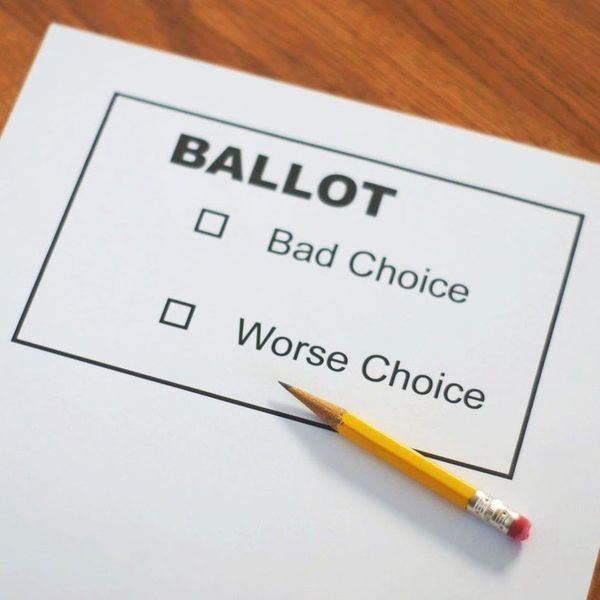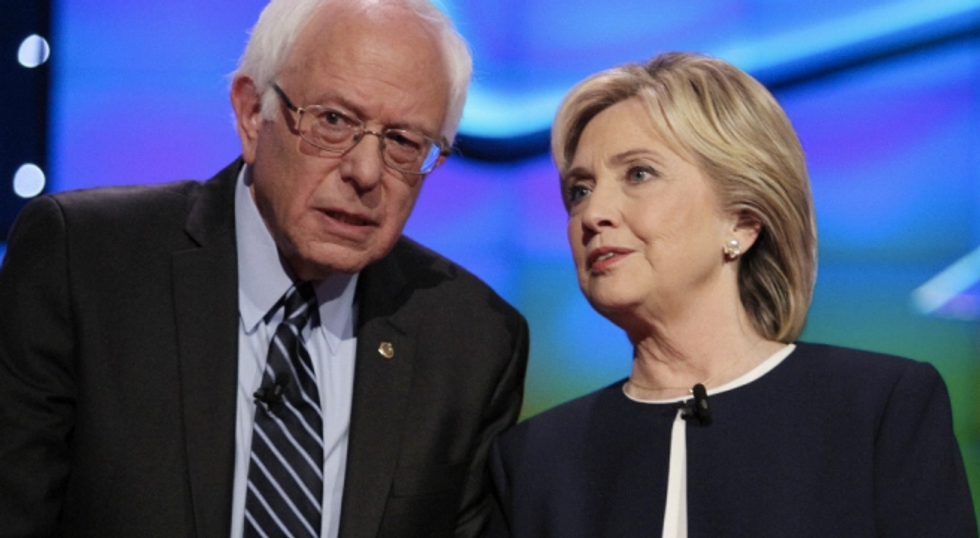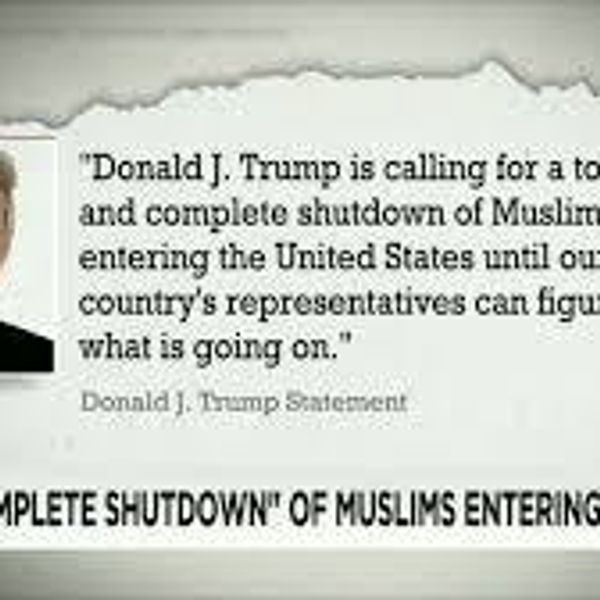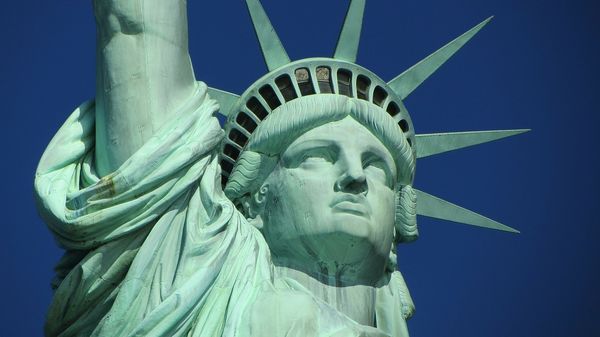For most people, including myself (a Bernie supporter), Hillary’s fresh success of firmly securing the Democratic nomination is a very hollow victory. Likewise, for many Republicans, Ted Cruz’s recent loss in Indiana also was much more of a setback than a step forward. The ballot, discounting any third parties, is now set: Clinton will run against Trump.
So apart from the die-hard supporters of each candidate, where does that leave the rest of us? Bernie supporters are thoroughly disappointed with their champion’s loss, and tentatively look to Hillary for representation; Cruz supporters have been pressured into assimilating into Trump’s cult=like following. Moderate voters who feel uncomfortable with Hillary, but do not want to buy into Trump’s bigotry are unsure where to turn. Still, a whole other demographic is left unaccounted for: those who support none of the candidates.
Compared to past elections, many voters chose not to vote in this year’s primaries. According to FairVote, a voting analytics database, only 30.14 percent of eligible voters participated in the primaries. That’s less that one third of eligible voters. Compared to past primaries, 2016 is one of the lowest voting years so far.
So what does this mean for the country? If people continue to stay at home and not vote, the election will be dominated by zealots on both ends of the spectrum. The moderate majority, therefore, will be left practically unheard. 2016 will be known as the election year where the silent majority will unknowingly have had a hand in choosing the next president by actively not voting. And that is unacceptable. This is America— the most free, democratic nation in the world, and your vote counts.
The right to vote is a privilege, and one America has fought long and hard to secure. Let’s not forget that voting was previously a right only available to the elite of our country. Historically, literacy tests, voter registration fees, and extralegal violence restricted minority groups from exercising their right to vote. Women were not enfranchised until the 19th amendment was ratified in 1920. Native Americans were not allowed to vote until 1924, though many still had difficulty voting. African Americans, similarly, have been fighting an uphill battle since Reconstruction to realize their naturalized right to vote, and were not fully enfranchised until 1965 with the passage of the Equal Voting Rights Act.
All in all, the right and access to vote is a pretty special thing. Though this election might have a hodgepodge of players, do not let personal favor, petty moral qualms, or overall dissatisfaction hold you back from making your opinion heard. Make a choice, take a stand, and stick to your guns, for choosing somebody is far better than choosing no one at all (but just don’t choose Trump). Vote against someone, if not for someone, at the very least. Hillary, the scheming, manipulative liar that she is, may have her faults, but she also does have her strengths (seriously, vote for Hillary). She’s a strong, level-headed, and qualified leader (and most importantly, not Trump), and I am confident she will make a great president.
And yes, ultimately, I am frustrated that Bernie lost— he was the radical underdog that somehow had a fighting chance. But that doesn’t mean the election is over: I’m going to look forward and hop on the Hillary bandwagon, and support her campaign as best I can.
So if you’re anything like me— a former Bernie supporter— or you’re nothing like me— confused, candidate-less, a little turned off by both candidates— get educated, cultivate an opinion, and hop on the Hillary bandwagon. She might have her faults, but at the end of the day, she will represent those who have felt left out by this election's candidates (plus, she's not Trump). There’s really only one way to go in this election, so make your voice heard and change the country for the better. Let's stop Trump from "making America great again" and let's make it something even better.























